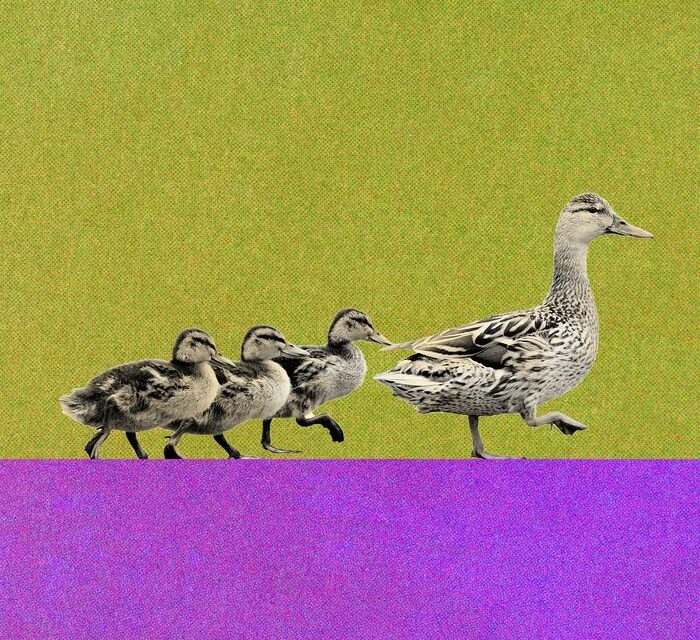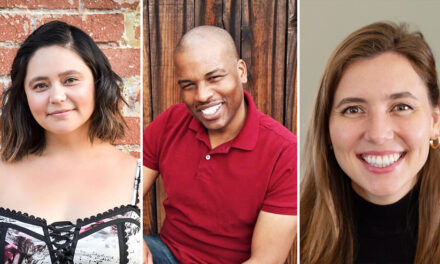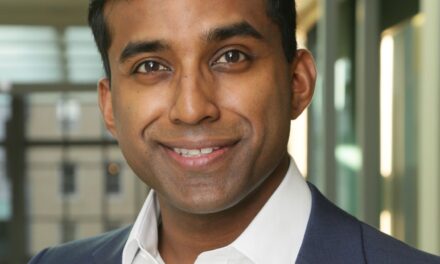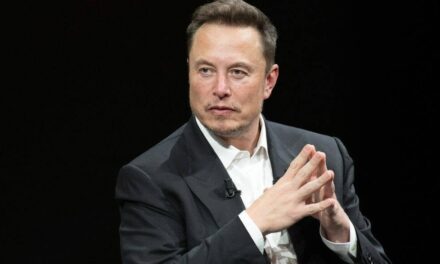
From the moment I had a sense of the world, I had a sense that it was finite and we were destroying it. I learned about acid rain sometime during third grade. The idea of flesh-burning precipitation, coupled with a hole in the ozone layer that was going to destroy the planet and all of my favorite animals, used to make me itchy with stress. I remember begging my parents, who had very little disposable income, to become paying members of the World Wildlife Fund to save the whales. I talked about chlorofluorocarbons like I was a paid expert, afraid of stepping out into a storm for fear of melting. I was convinced the world was ending, and none of us, my friends and I, would live to see adulthood because of it.
Yet when I first started trying to have a kid eight years ago, I didn’t think about climate or the planet; I thought only about the desire for a baby, about what it would mean to me and my husband to bring that person into our world. But, in the years since and now expecting my third, it’s become harder not to look at my kids without being acutely aware of how smoky and scary and fucked everything is.
There are always intangibles in future family-planning that you can’t fully account for — Will I be mature enough? Will I make enough money? What about my career? — so instead require the kind of personal leaps of faith most of us are capable of imagining and making. But if you’re 40 years old or younger, you’ve been told your whole life that the environment is collapsing and nobody who has the power to stop the collapse has done a damn thing about it. Most of us have no reason to believe the future we were promised has ever existed, so for anyone thinking about their first or another kid now, imagining a future for them at all makes that leap harder and harder to make.
And now as we close out a summer plagued by wildfires that have devastated huge swaths of Hawaii, Greece, and Canada’s north and Pacific Northwest, the future I’ve feared since I was a child is indisputably here and it’s terrifying. As I write this, I’m visiting my dad back home in Vancouver, and smoke from wildfires to the east has made even the air down by the coast where he lives difficult to breathe.
So, should I have a baby even though the world is burning? My knee-jerk response to the question has always been defensive. I know the perception is that it’s selfish to even think about it. But, like the whales and the ozone layer, how did something somebody else broke become my problem to fix?
When I put this question out to people on Twitter and Instagram, the response was overwhelming. I got long emails from over 50 strangers, men and women who are scared, anxious, hopeful, optimistic, who have kids and fear for their future, who won’t have kids so they don’t have to, and who don’t know how they can possibly make a decision like this at a time like this.
On days when Emily Cosbey, who lives in Buffalo and has a 1-year old son, thinks about the state of the world, she “shuts down.” “I cry, uncontrollably, thinking about the future that he belongs to,” she writes. “The future that I am setting him up for, but all I can see is the ugliness.” Meg Z., a 28-year-old living in New York City, knows that she wants kids one day and she has “a partner who is supportive and silly and kind and would love to see him be a father to our children,” but deciding whether or not to actually have one is paralyzing. “I am racked with such gnarly anxiety that I don’t know how I, personally, could bear bringing someone into this world,” she writes. Nadia Mike, an Inuk mother from Nunavut in the north of Canada, has three kids who have already confronted the destructive change that haunts their futures. “I have a 16-, 11-, and 5 year-old, and it’s so sad to see the world deteriorating right before our eyes and to try to explain that it’s fucked up, but also try to hold promise for them,” she says. Her own brother had to flee Yellowknife earlier this month after fires forced thousands from their homes.
Since the start of summer, the anxieties and concerns raised in the letters that Emily, Meg, Nadia, and so many others wrote to me have been in my mind, too. In May, I found out I was pregnant again. In June, the air in Toronto where I live was considered some of the worst in the world because of wildfires 336 miles away in Montreal. Maybe I could pretend even six years ago with my first that the climate in Toronto wasn’t so vulnerable, telling myself we were safe or that something would come along to fix it. Now, suddenly faced with Canada’s first 104-degree summer day in history and air so thick with smoke I could barely breathe no matter where I went, well, I can’t exactly ignore the state of the world for this new one. My entire pregnancy has been punctuated and defined by whether or not it was safe enough for me to even be outside, let alone allow my kids to play out there. Where would I find my hope?
Reporter Gina Rushton has a book coming out on this subject, The Parenthood Dilemma: Procreation in the Age of Uncertainty. She started writing the book in the aftermath of Australia’s massive bushfires in late 2019–early 2020. Those fires burned through 60 million acres, decimating forests and animal populations. Months later, Rushton spoke to a doctor in a region razed by fires who described the placentas of her pregnant patients as “gray and grainy like a pack-a-day smoker.” She found hope speaking with climate scientists who had chosen to have kids. “Documenting the truth, showing up, making noise, taking on politicians — that consistent fight for their children’s futures seemed to make parenthood more not less tenable,” she told me over email.
I started thinking a lot about my own parents this summer — refugees who fled poverty, violence, and discrimination to dream of something bigger and better for themselves in Canada. They had no money, no tangible vision of a future when they had my two sisters and I, and yet they built their optimism around us. People like them have had children in the face of far greater hardships and shakier futures than I could ever imagine. Jade Sasser, the host of the podcast Climate Anxiety and the Kid Question and author of an upcoming book with the same title, says “women of color are significantly more likely to feel traumatized by climate impacts and for those traumatized feelings to have a direct impact on the number of children they plan to have.”
So how do I square all this with the decision to bring another life into this world? Having kids has shown me that parenting itself is an act of optimism, a willingness to believe that the world, your kids, and you, will be better tomorrow than you are today. People have had kids in the midst of wars and plagues, doing it all on sheer hope.
Is it not my responsibility to leave this world in a better place than I found it? For me, the best way to do that is to raise people who will shepherd it in a way that’s more thoughtful, empathetic, and careful than the ones who came before them. I teach my kids about the fragile nature of this planet, of how much responsibility we have living here, to protect it and nurture it, not just for them, but for all of us. That feels tangible and real and possible. As the climate scientists above told Gina Rushton, these kids make fighting for something better seem necessary and inevitable.
I don’t blame anyone for being scared; I’m scared too. There are a million ways for the world to end, but also just as many ways to save it.
If that’s all I believe in for now, that’s enough.
More From This Series
-
There’s No Such Thing as a Vacation with Young Kids
-
Leave That Screaming Kid Alone
-
Facing Infertility With My Kids
Having a Kid at the End of the World






Leave a Comment